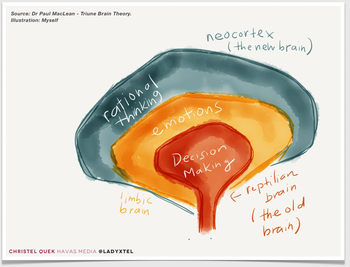By Debilyn Molineaux. Reprinted from the Huffington Post.
I like to describe our country as “the big, raucous American family.” And there is hardly a better opportunity to build family connections than with games. Or a more revealing way to understand each other and ourselves, than by the tactics we use within the game.
My dad used to slip Monopoly money to my sister, because he couldn’t stand to see anyone lose. Our neighbor was outraged that my dad wouldn’t follow the rules of the game. Another card game we played with friends, Nertz, has a shared playing field and a private one. I was outraged when one of our friends refused to play in the shared field because it would benefit our team. He was in it to win. No holds barred. As you may imagine, I am accustomed to more coopetition than winner-take-all. (Thanks, Dad!) I learned much about people from playing games with them and also tapped into my own hyper-competitive side on occasion.
How do you play games? And is there a connection to how you treat others in day-to-day life? What are your internal markers (or conscience) that allows for some actions but not others? And are the rules you use the same as the person with whom you interact?
In our recently concluded election, the Clinton campaign played with the objective to beat the other team. Kind of like the rules for Pictionary. The Trump campaign played to win it all, similar to the rules for Risk. The resulting chaos of playing by two different sets of rules within a single election has left us feeling uncertain as to what the social fabric or the social contract, of America is. What would have been different, if the campaigns had played by the rules of Pandemic where the goal was to save the country by working together? We last saw this type of cooperation after the U.S. entered World War II. Does it take a threat to end the world as we know it to change the rules of the game? Cooperation like that ended with the war.
The politics of fear are alive and well, engaging our reptilian and emotional brains, where decisions are actually made. If we demonize and name-call our fellow Americans, how can we see their value in our shared society?

What do we, as a nation, value in each other? And how often do we visit our neocortex to challenge what we know to be true? Less often than we think we do. In a country that values it’s rational mind, we often fail to examine the rules of the political games themselves and the impact on our day-to-day lives. Our willingness to use fear to “get out the base” has consequences.
Living in constant fear will keep the reptilian brain active. And not in a good way. Extended periods of anxiety and stress (fear by other names) result in a breakdown of mental health and on a larger scale, our social fabric. Trust in a shared reality is missing. There are techniques to counteract the fear…but we must choose to use them. We must choose to use our neocortex (rational) brain. Deprogramming from constant anxiety takes vigilance. It’s not automatic.
Similarly, choosing to identify the rules of the games we play, demonstrating our values when interacting with others is another conscious choice. So is our willingness to abide by our stated values. One of my rules is to treat everyone with dignity. Another is to honor the gift offered by each person.
What is your go-to game? And what rules or values do you play by?
Depending on what results you want, you can choose to play a different game. Our country is divided when we play Risk or Pictionary in real life. But what if divisiveness — that divide between us — is the actual Pandemic? Can we work together to save ourselves?’
Debilyn Molineaux is a transformation partner. She works with visionaries and movements in support of a new national and global social contract focused on personal dignity and sovereignty. Her work highlights the relationships between individuals, institutions and governments for conscious transformation. She is the Managing Partner for Living Room Conversations, President of Coffee Party USA and Co-Director for Bridge Alliance, representing micro to macro system approaches. She’s an advisor to Ingenuity Innovation Center, Allsides.com and the Alinsky Center.
